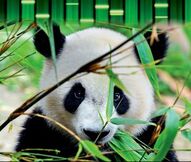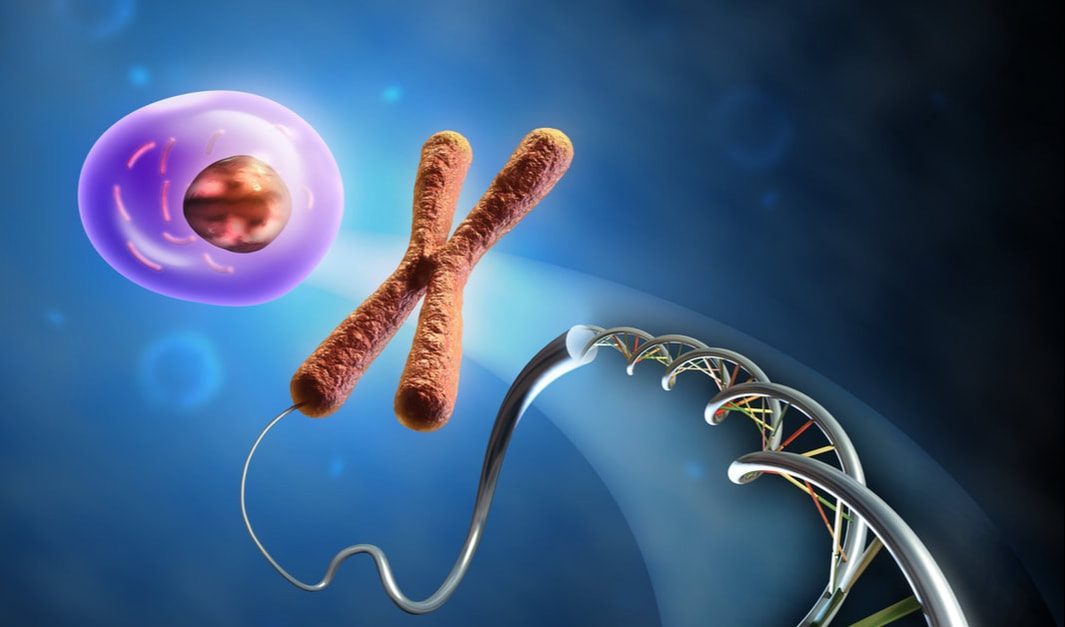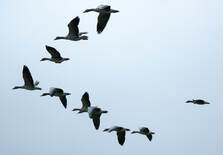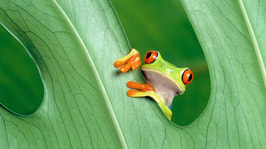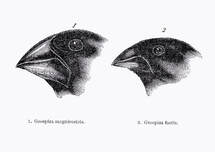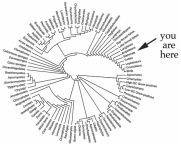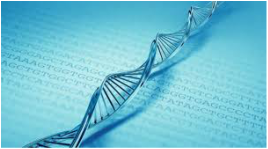A fossil from the Burgess Shale at Stanley Glacier in Kootenay National Park. Photo credit Emma Rutledge, 2021.
UNIVERSITY TEACHING
September, 2021:
After completing 3 wonderful years in term appointments as an Assistant Professor in the Biology Department at Trent University, I have decided to relocate back to British Columbia. As such, I will no longer be teaching in-person at Trent but I will continue some of my collaborative research projects. Listed below are courses I have previously developed and/or taught. There are also some instructional videos available on my YouTube channel.
After completing 3 wonderful years in term appointments as an Assistant Professor in the Biology Department at Trent University, I have decided to relocate back to British Columbia. As such, I will no longer be teaching in-person at Trent but I will continue some of my collaborative research projects. Listed below are courses I have previously developed and/or taught. There are also some instructional videos available on my YouTube channel.
Course descriptions
BIOL 3600
|
BIOLOGY 1030
|
BIOLogy 4030
|
|
biology 2600
|
biology 3620
|
biology 2050
|
educational video RESOURCES
Although I love being engaged with students in a face-to-face class, I am also very interested in developing open educational video resources to facilitate independent learning. This has been increasingly important as classes moved online during the COVID-19 pandemic. You can find instructional videos on my YouTube Channel.
